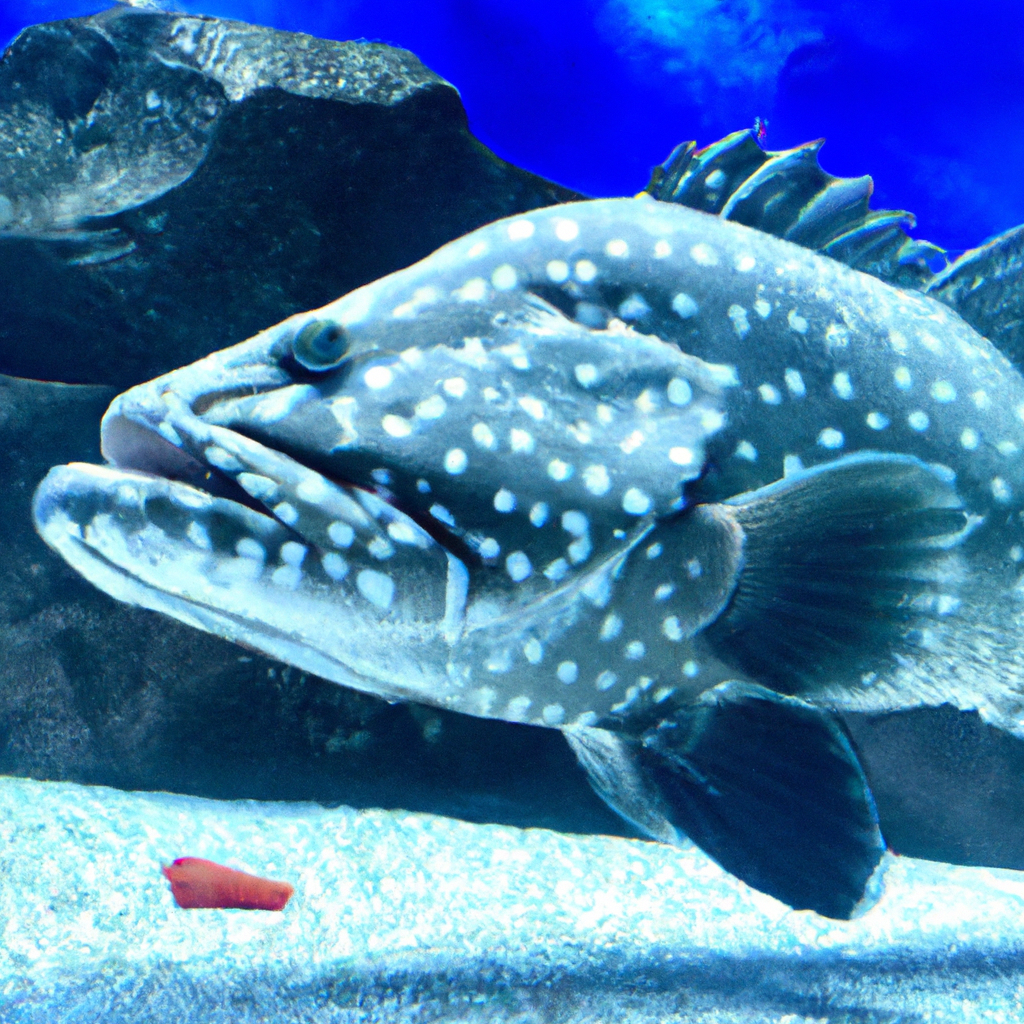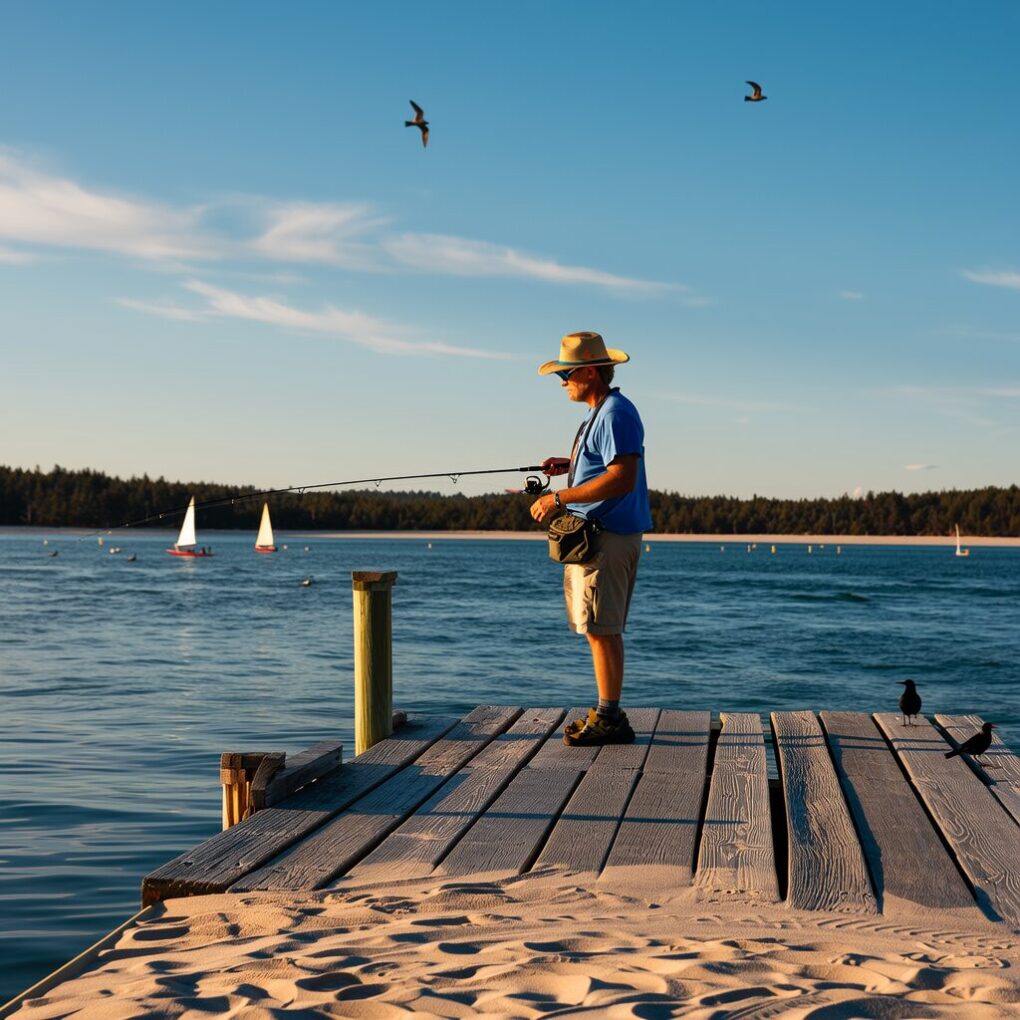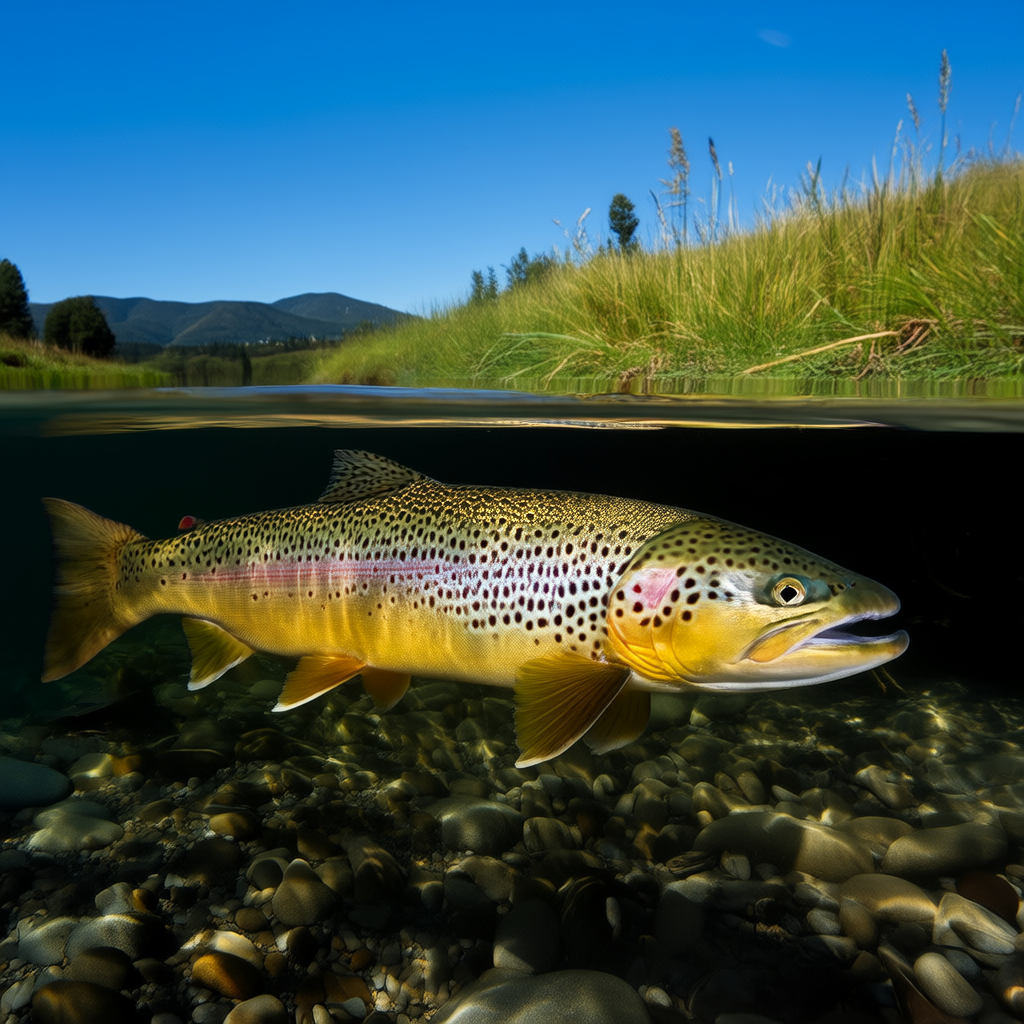The grouper fish is a common fish for fish enthusiasts. These fish are part of the Serranidae Family and are a popular choice for sport and food. They are loved for their unique appearance and delicious taste. In this article, we will explore the world of the grouper fish.
What is a grouper fish?
A large number of fish species that belong to the Serranidae Family are known as grouper fish. These fish are found in tropical waters and are known for their aggressive behavior as well as their impressive size. They can reach up to 8 feet long and can weigh more than 400 pounds, making them one the largest fish in the world.
Grouper Fish Behavior and Appearance
Grouper fish are distinguished by their unique appearance. Their large bodies are covered in scales and their colors can vary depending on the species. They have powerful jaws and a large mouth that they use to catch prey.
Their behavior is also fascinating. Grouper fish are known for their territorial behavior. They will defend their territory against other fish. They are also known for being solitary creatures, but they can form schools when hunting prey.
Grouper Fish Types
There are many species of grouper fish and each one has its own characteristics. These are some of the most well-known grouper fish species:
Red Grouper
Red grouper is a popular grouper species, both for sport and food. They can be found in the Atlantic Ocean. Their pinkish-red color makes them stand out. They are well-known for their delicious taste. They can grow up to three feet in length and can weigh up to 50 lbs.
Black Grouper
Another popular species in the grouper family is the black grouper. They can also be found in the Atlantic Ocean. Their dark color ranges from olive green to charcoal. They are large and can grow up to 4 feet long, and can weigh up to 120 pounds.
Goliath Grouper
Goliath grouper, the largest member of the grouper family, is found in the Atlantic Ocean’s warm waters. They can reach 8 feet in length and can weigh more than 800 pounds, making them one the largest fish in the world. They are popular targets for sport fishermen because of their strength.
Grouper Fish Diet
Grouper fish are carnivores. Their diet consists mainly in smaller fish, squid, and crustaceans like crabs and shrimp. They also eat octopus, sometimes sea turtles. They are able to catch and swallow whole prey with their powerful jaws and sharp teeth.
Grouper Fish Habitat
Grouper fish can be found in shallow, warm waters all over the globe. They love coral reefs, rocks and shipwrecks because they provide shelter and hiding places. They also like to live in mangrove forests and shallow grasslands.
Grouper Fish Conservation
Grouper fish are highly prized by both commercial and recreational fishermen due to their large size, delicious taste, and high demand. This has resulted in a decline of their numbers over the years. Many grouper species are now endangered or threatened and conservation efforts are being made.
Conservation efforts
Many countries have established marine protected areas in order to protect grouper fish. Some countries also prohibit the import, sale, and export of certain species of grouper fish. These conservation measures are crucial in ensuring the survival and enjoyment of these fascinating and unique fish species.
Human Interaction with Grouper Fish
Grouper fish have had a profound impact on history, culture, tradition, and culture. Grouper fish is a delicacy in many cultures and is often served at special occasions like weddings and other celebrations. Grouper fish are believed in some Asian countries to have medicinal properties. Their organs can be used to treat various diseases.
Fishing for grouper fish
Both commercial and professional fishermen love grouper fishing. Sport fishermen love grouper because of their size and fighting power. It is important to use responsible fishing techniques to ensure that the grouper fish population continues to thrive, despite their declining numbers.
Fishing Techniques
Trolling and bottom fishing are the most popular methods of catching grouper fish. Bottom fishing is a method that uses a baited hook, weight, and line to catch fish close to the ocean floor. Trolling is the act of dragging a lure or bait behind an moving boat to attract fish.
Best bait for grouper fishing
Grouper fish are known for being attracted to live bait, such as shrimp, small fish, and squid. They will also take artificial lures like jigs or lipped diving sticks. It is important to choose the right bait for the grouper fish you are trying to catch.
Grouper Fish Recipes
There are many recipes you can make with grouper fish. You can prepare grouper fish in many different ways. It is well-known for its flaky texture and delicate flavor. Here are some popular recipes for grouper fish:
Grilled Grouper Fish
Grilled grouper fish is a delicious summer dish that is easy to prepare and is great for summer cookouts. Grilled grouper fish can be prepared by marinating the fish in olive oil and garlic for 30 minutes. The fish should then be grilled for 10-12 minutes.
Grouper Fish Tacos
These grouper fish tacos can be made in a few minutes and are great for small gatherings. Make grouper fish tacos by frying the fish in a light batter and then serving it on warm tortillas with fresh salsa or guacamole.
Baked Grouper Fish
Baked grouper fish is a delicious and healthy recipe that’s great for busy weeknights. Bake the baked grouper fish by seasoning the fish with salt, and then baking in the oven for 15-20 mins until cooked through.
In Conclusion
Grouper fish are beautiful, delicious and fascinating creatures. They are a popular choice for fish lovers due to their unique behavior and size. It is important to use responsible fishing techniques to ensure they continue to thrive in the wild, as they are rapidly declining in numbers.




